Washington, Apr 10 (V7N) – In a dramatic turn of events, U.S. President Donald Trump has announced a 90-day suspension of recently proposed global tariffs, excluding China, which will now face a steep 125% duty on its exports to the United States.
The decision, shared via Trump’s social media platform, Truth Social, marks a partial retreat from the controversial tariff policy that had triggered global market turmoil, sparked international concern, and prompted nationwide protests in the U.S.
Trump clarified that while the standard 10% tariff will continue to apply across all nations, the broader uniform tariff initially planned has been suspended for three months to allow space for negotiation.
"The tariff that was announced to impose the same on all countries has been suspended for 90 days. But in the case of China, the tariff has been increased to 125 percent," Trump stated on Truth Social.
According to Deutsche Welle, the tariff announcement had led to a sharp fall in global stock markets, raised fears of an economic recession, and caused widespread anxiety among governments and investors alike. In the U.S., the move drew criticism and protests from the public and business community, who feared the economic fallout.
The White House, acknowledging the pressure, confirmed that 75 countries have requested negotiations with the U.S. over the tariff issue. Treasury Secretary Scott Besant noted that the latest announcement could prompt even more countries to join discussions on trade reform.
Though the Trump administration had previously insisted there would be no backtracking, the 90-day suspension suggests a strategic recalibration. Observers are now debating whether this represents a retreat under pressure or a tactical move to extract better trade terms for American exports.
Trump’s recent decision has already boosted investor confidence, with stock markets rebounding following the announcement. However, China’s exclusion from the suspension has further intensified tensions between the two economic giants.
Earlier this week, Professor Muhammad Yunus, Chief Advisor to Bangladesh’s interim government, sent a formal letter to President Trump requesting a temporary suspension of the 37% countervailing duty on Bangladeshi exports. The suspension announcement is expected to provide short-term relief to Bangladesh’s export sector, especially in ready-made garments, though the 10% tariff still applies.
Meanwhile, regional trade complexities continue to deepen. India recently revoked Bangladesh's transshipment privileges, a move that could severely disrupt trade with Bhutan, Nepal, and Myanmar, further complicating Bangladesh’s export logistics amid the U.S. tariff uncertainty.
As the world watches closely, the coming weeks are expected to bring intensive trade negotiations, with countries vying to protect their market access in the face of Trump’s “America First” economic policy.
END/MSS/AJ



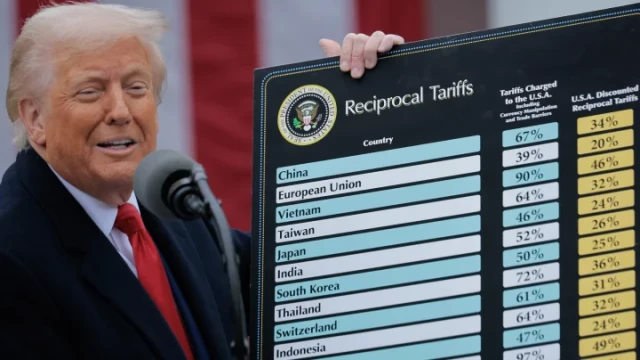
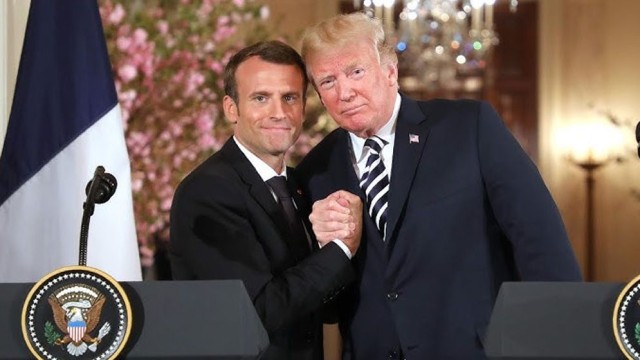
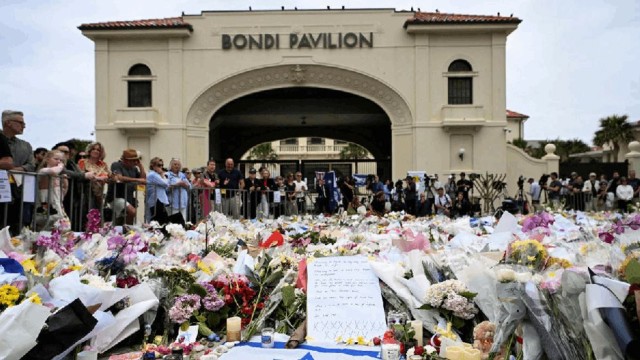

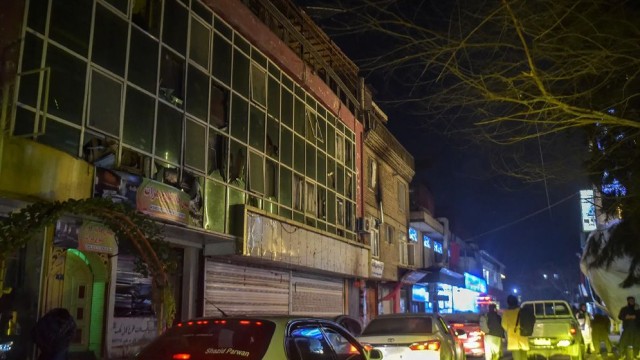





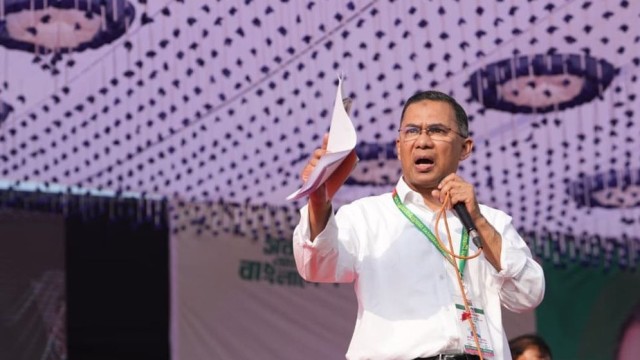

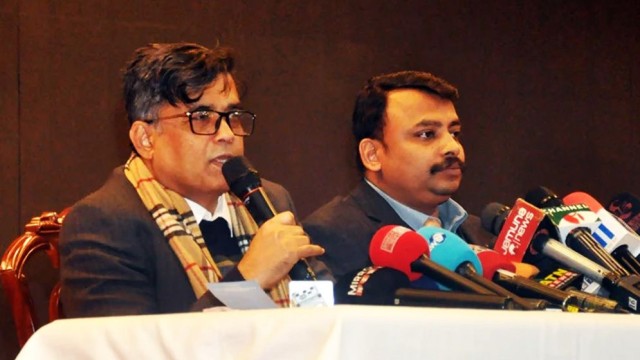


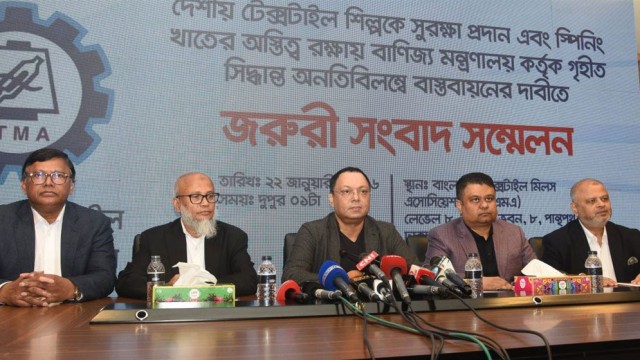












Comment: